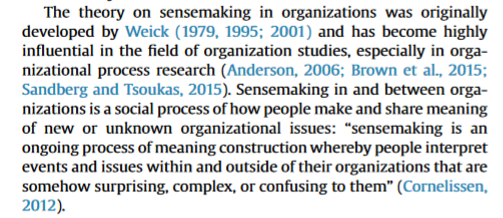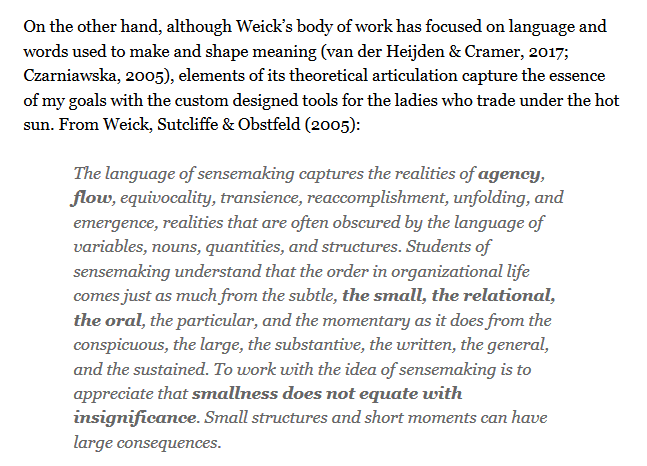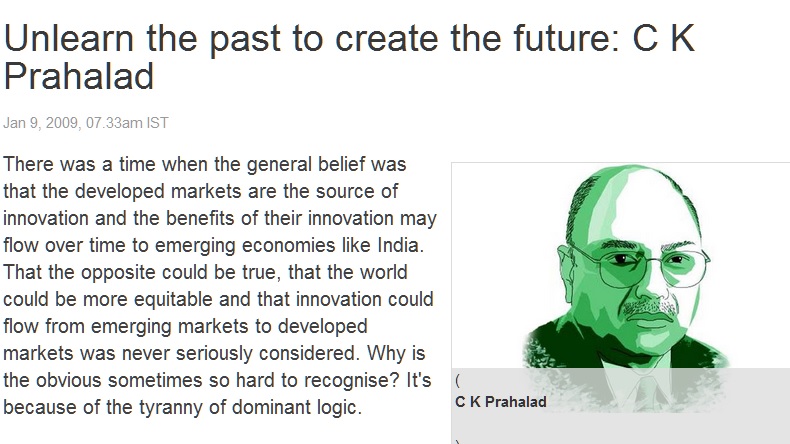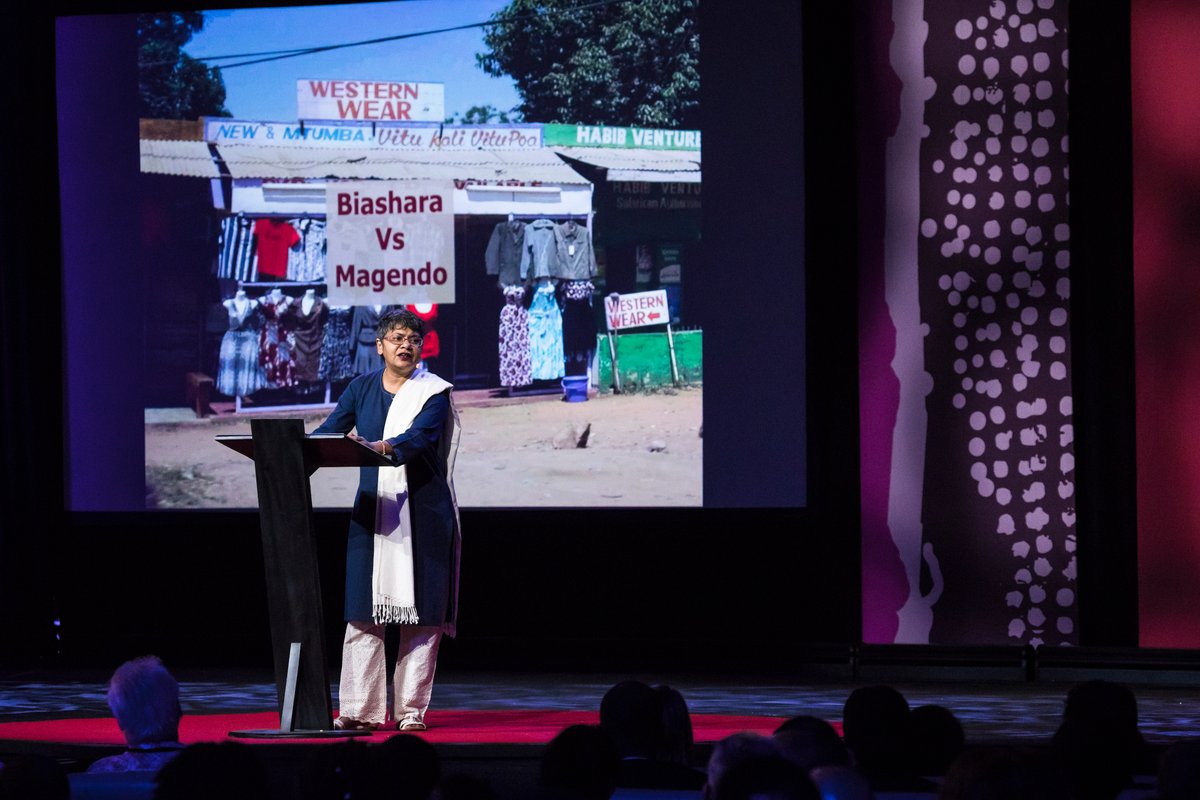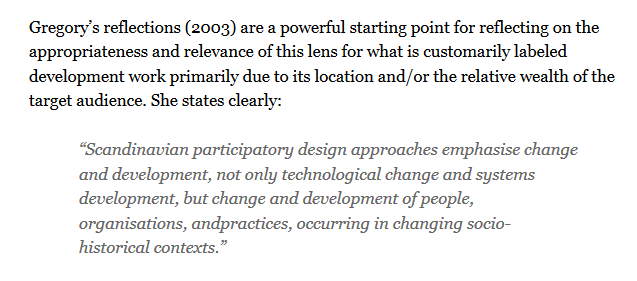While I was away, I took the opportunity of being offgrid to familiarize myself with the works of Chinua Achebe, Ngũgĩ wa Thiong& #39;o, & Franz Fanon. I& #39;d heard you all talk about them frequently here but had never come across them in my public school education.
A serious flaw.
/
A serious flaw.
/
There& #39;s a class of Britishers who have claimed - at least once in my face, and once in a public facing report naming me by name - that if they had not taught me English, I would not be able to reason and think the way I do today.
Tsk.
/
Tsk.
/
In essence, what they& #39;re claiming is to have civilized the primitive beast, or, in the case of the & #39;fatalistic Hindoo& #39; to have uplifted him from his misery as a mystical oriental trapped in the rituals of a religion that promised to free him from earthly life.
Ca va?
/
Ca va?
/
On the other hand, this is what I& #39;ve come to believe. And, the searchlight for the direction of thinking came from this nugget from reading this brief summary of Ngũgĩ wa Thiong& #39;o& #39;s public lecture at Wits University https://www.huffingtonpost.co.uk/2017/03/03/9-powerful-things-ngugi-said-at-his-public-lecture_a_21872421/">https://www.huffingtonpost.co.uk/2017/03/0...
Recent frustrations with literature review in design & innovation theory and discovering that ANYTHING related to Africa was by default tagged as & #39;development& #39; led me down this rabbit hole of questioning labels and taxonomy & their role in restricting or liberating creativity.
Must everything and anything that is situated in the geography of Africa be clustered under the label of & #39;development& #39;?
And, a corollary, must any effort to break through this restrictive box, be clustered as & #39;decolonization& #39;?
I have come to question both umbrella categories.
And, a corollary, must any effort to break through this restrictive box, be clustered as & #39;decolonization& #39;?
I have come to question both umbrella categories.
The words themselves are not at fault. Its the way they have served to provide feel-good measures while effectively corralling all efforts to disrupt or break through into the neat boxes of & #39;development & decolonization& #39; - cul de sacs of prose & poetry without roadmaps or tools.
Instead, what we need are clear paths to transformation and change, with tools to help make sense of the tangle of vines and leaves, like taking a machete to a jungle in order to clear the path to the long hidden lost city underneath. Etc, you know the cliche
Two recent lines of study help me arrive at this conclusion - a recent literature review of KE Weick& #39;s body of work and various related papers by others referencing same on the topic of sensemaking for change and transformation in organizations - he emphasizes the role of words.
Here are my conclusions from review http://nitibhan.com/2021/04/09/design-of-sensemaking-tools-for-informal-economy-literature-review/">https://nitibhan.com/2021/04/0... - while words are indeed important, & facilitate communication for sensemaking for transformative change among groups organized for economic activities, there& #39;s a gap for visual solutions. A mere footnote for this thread
The other key nuggets is from the late Michigan Business School professor and management strategist, CK Prahalad (of bottom of pyramid fame, but also core competences etc) which is his concept of "dominant logic" and the tyranny thereof...
Together, Prahalad& #39;s concept of the "tyranny of dominant logic" which socializes us that innovation emerges from hte Global North and flows South *and* Weick& #39;s emphasis on language, words, texts, even editing, as means to make sense of chaos to effect change, *is* empowering. 1/2
I would posit that for conceiving & building tools and means for effective transformation and/or other mutually beneficial outcomes - thinking that traditionally gets tagged development & decolonization - we turn instead to organizational & management theory offering clear paths
The key is to change our lens, change the taxonomy, & change the frame by which we perceive "the African" and her needs. Only that will change the kind of tools & methods and solutions that we build for her.
Not just mgt theory either - this reorientation opens whole new fields
Not just mgt theory either - this reorientation opens whole new fields
This is the theoretical support system to the rant on changing the way we think about the "poor & marginalized informal market woman selling under the hot sun by the side of the road" narrative that gets her 50 bucks in a microloan but ignores her annual investments of $20,000+
Development is lucrative and has little accountability in the form of customer feedback and decolonization, I am increasingly coming to believe, is the cul-de-sac where the noisy are sent with palliatives.
Its only by relieving geography of these tags can forward movement occur.
Its only by relieving geography of these tags can forward movement occur.
Thank you all, this thread was *so* helpful. Here& #39;s a paper that introduces the Scandinavian tradition of participatory design practices and why this might hold the key to disruption. http://citeseerx.ist.psu.edu/viewdoc/download?doi=10.1.1.157.8443&rep=rep1&type=pdf">https://citeseerx.ist.psu.edu/viewdoc/d...

 Read on Twitter
Read on Twitter
